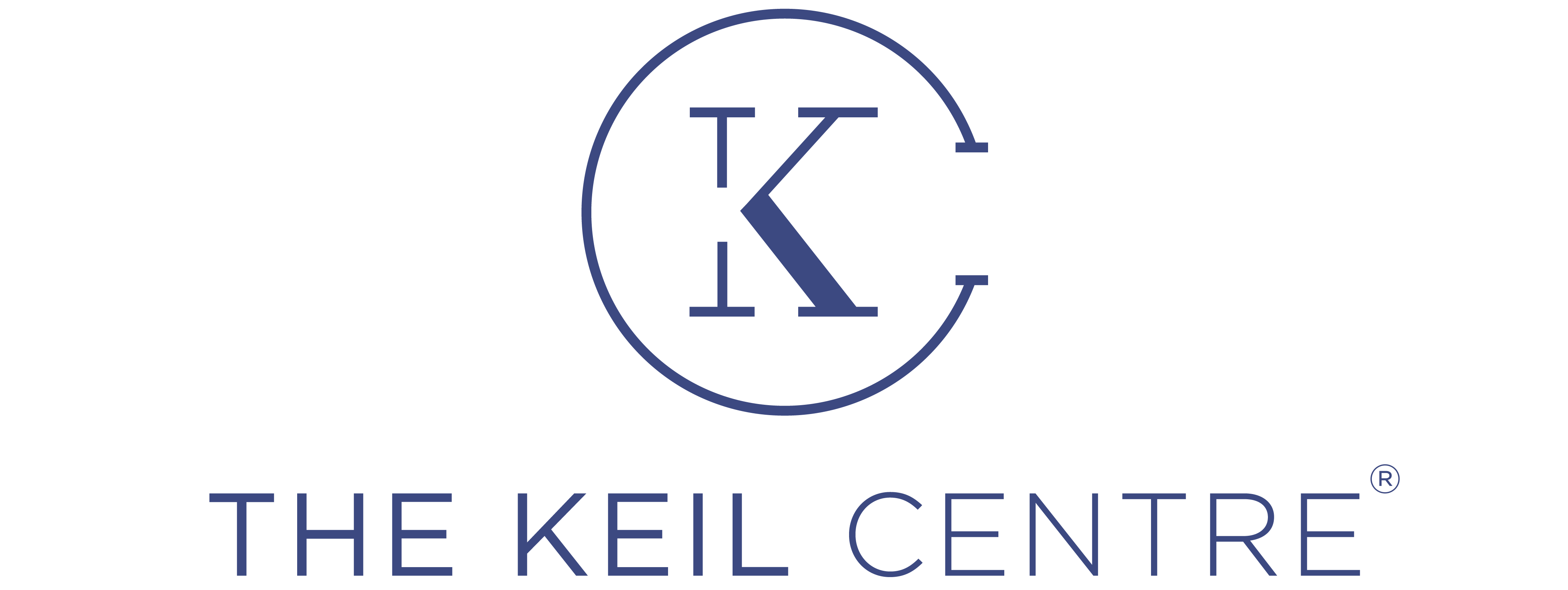Cracking the Code of the Unspoken: When Quiet Gets Loud
October 9, 2025

At this year’s Queensland Mining Industry Health and Safety Conference, The Keil Centre’s Nicole Gray joined forces with Natasha Nunn from Neuro to deliver a session that was anything but quiet. Titled “Cracking the Code of the Unspoken”, the presentation explored how miscommunication, especially the kind that hides in plain sight, can quietly undermine safety, trust, and performance in high-risk environments.
The session opened with a game of emotional charades, setting the tone for a highly interactive, thought-provoking experience. But this wasn’t just fun; Nicole and Natasha used the exercise to highlight how often we rely on assumptions to interpret what’s not being said, and how dangerous those assumptions can be in safety-critical industries.
Drawing on real-world case studies, including Deepwater Horizon, BP Texas City, Grasstree, and Goonyella Riverside, the session unpacked how communication failures have contributed to catastrophic outcomes. Rather than focusing on blame, the presentation zoomed in on the human dynamics at play: belief versus understanding, the assumptions we all make, and the social cognitive needs that shape how we communicate under pressure.
At the heart of the session was a powerful fictional scenario:
- Bruce, the data-driven head office leader
- Jane, the pragmatic production supervisor
- Charlie, the eager but inexperienced haul truck operator.
Together, their well-meaning safety initiative fell apart — not from bad intent, but from missed signals, mismatched expectations, and a lack of psychological safety.
What made this session stand out was the seamless integration of behavioural science and operational reality. Nicole applied human factors psychology to the real-world context of mining operations, translating complex psychological principles into practical, site-relevant strategies. Natasha brought the neuroscience, explaining how our brains default to assumptions when clarity is lacking; together, they demonstrated how cognitive science and field experience can combine to drive safer, smarter decision-making.
A roadmap for change
The session didn’t just diagnose the problem; it offered a roadmap for change. By shifting from blame to curiosity, from compliance to connection, and from silence to shared purpose, the characters found a new way forward, one built on trust, empathy, and collaboration.
This cross-disciplinary collaboration between The Keil Centre and Neuro was a powerful reminder that safety isn’t just about systems, procedures, or dashboards; it’s about people. And when we crack the code of the unspoken, we unlock the potential for safer, smarter, and more human workplaces.
To find out more about how we can support your organisation with safety communication, psychological safety and safety culture, contact our Principal Human Factors Consultant Nicole Gray.

